 Have you ever wondered what makes a bottled or canned soda kosher? Many food products that conform to the set of Jewish dietary laws known as kashrut (also kashrus or kashruth), are certified as kosher by any one of hundreds of agencies and individual Orthodox rabbis worldwide. When you buy kosher sodas, such as a Dr. Brown’s soda, you might have seen the letter “U” encircled by the letter “O” on packaging, which is the symbol of kosher certification from the Orthodox Union, one of the largest and most well-known kashrut agencies in the world.
Have you ever wondered what makes a bottled or canned soda kosher? Many food products that conform to the set of Jewish dietary laws known as kashrut (also kashrus or kashruth), are certified as kosher by any one of hundreds of agencies and individual Orthodox rabbis worldwide. When you buy kosher sodas, such as a Dr. Brown’s soda, you might have seen the letter “U” encircled by the letter “O” on packaging, which is the symbol of kosher certification from the Orthodox Union, one of the largest and most well-known kashrut agencies in the world.
However, the truth is that any food product which uses only kosher ingredients in its manufacture, and not in combinations which render them unkosher (combining milk and meat, for example) is acceptably kosher – provided other products which utilize non-kosher ingredients and processes don’t share manufacturing elements or equipment with it. In highly Orthodox considerations, whether or not the product was prepared entirely by non-Jews can be of issue as well.
Sound complicated? It can be. But in the case of koshers sodas, it’s typically not. Most of the ingredients that compose soda formulas today fall well within the guidelines of what is considered kosher, especially when you pause to appreciate the majority of kashrut concerns insects, fish, shellfish, birds and other mammals – not exactly ingredients found in your average soda fare! Additionally, unlike juices and sports drinks, carbonated beverages are bottled without the use of heat, which removes another potential kosher fault from the manufacturing process. Moreover, kosher certification does not involve any sort of blessing from a rabbi or other religious procedure, so many carbonated beverages are indeed kosher simply by virtue of their ingredients and passively observant manufacturing.
An added wrinkle can come during Passover, when consumption of chametz (certain grains, including corn and rice) that have been in contact with water or moisture for longer than 18 minutes is forbidden. During this vital period of Jewish observance, sodas sweetened with corn syrup would not be acceptable. However, many soda manufacturers recognize the importance of this component of Jewish tradition, and in the weeks leading up to and including Passover, you will often see sodas for sale with non-standard yellow caps, indicating the product is kosher-for-Passover via the substitution of sucrose in place of corn syrup as the products’ sweetener.
The bottom line is that there are many sodas lacking certification that are in fact kosher. In the case of the big three U.S. soda manufacturers (Coca-Cola, Pepsi and Dr. Pepper/7 Up) however, almost all of the flavors in their portfolios have been certified by well-known kashrut governing authorities (the OU, Rabbi Charlop and the Chicago Rabbinical Council, respectively), so there’s very little guesswork involved for the average mainstream soda consumer in this country. Keep in mind that not every manufacturing facility for a particular bottler is guaranteed to be certified (not all Coca-Cola facilities are certified, for example) – so when in doubt, be certain to look for a certification symbol you trust.
